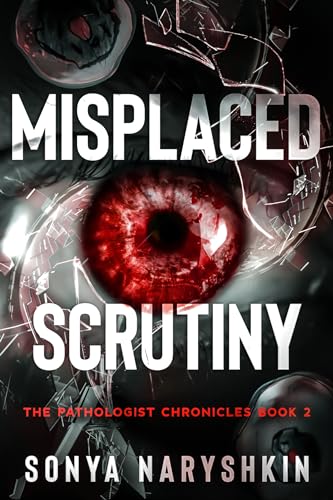This study of Arthurian and Welsh mythology is one in a series of seven that consists of comprehensive analyses of each of the six major Indo-European mythologies. The Indo Europeans are defined by a common group of languages that extend, as the name implies, from India to Ireland. Among these peoples extensive mythologies have survived in Indian, Persian, Greek, Norse or Germanic, Irish, and Welsh and Arthurian stories. We caution that our account is not for the faint-hearted since our studies have analyzed all of these six mythologies individually in a long and intensive study to a depth that has not even been attempted for a hundred years or more. Arthurian and Welsh mythology is found in Welsh, Latin, and French and German sources. However, almost all of these have been strongly contaminated by the false identification of much of the stories with the semi-historical figure of the British hero who briefly stemmed the Saxon invasions of Britain. Such a figure is found and named by Bede but his name was not Arthur, and this name and his identification with the Welsh hero is due to the Welsh monk Nennius. Nevertheless the charm and vigor of the story as told later by Geoffrey of Monmouth led to its immense popularity of the story of Arthur in many European courts and to the telling, re-telling, and probable fabrication of many stories over several hundred years. Said to be to be translated into Latin from a “little Welsh book”, Geoffrey’s work was quite probably translated from “Breton Welsh” by an ally of the Norman invaders. Two-thirds concerns a supposed history of the descent of British kings from survivors of Troy and the last third is the first recognizable account of the “traditional” story of Arthur. However though much has been lost, hidden within all of the stories are elements of the older true stories and our analysis shows that some striking, largely unrecognized, links with the other Indo-European myths are present. This volume presents those links.


